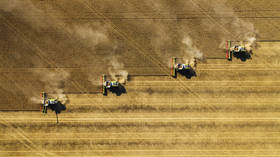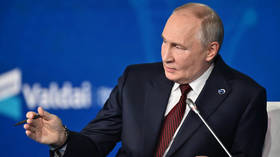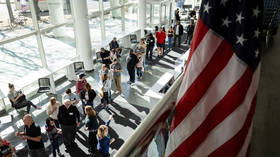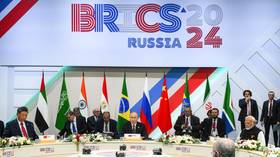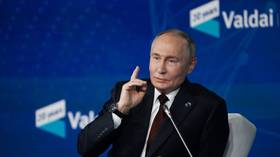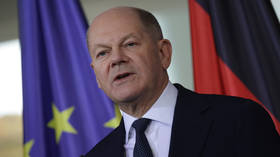EU has second thoughts on duty-free food from Ukraine – media
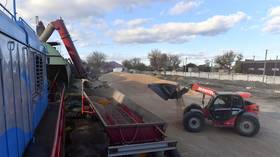
The European Commission (EC) may reconsider its special suspension of all tariffs and quotas on Ukrainian agricultural food exports in the coming weeks after some EU states complained that duty-free supplies put their farmers at a disadvantage, Euractiv reported on Wednesday.
Last May, Brussels swiftly approved a one-year temporary trade liberalization scheme which suspended import duties on all agri-food deliveries from Ukraine shortly after the outbreak of military hostilities in the country.
The measure, meant to boost Ukraine’s economy and contribute to the country’s gradual integration into the EU’s internal market, is up for review in June 2023.
But the bloc is already rushing to reconsider the arrangement, in response to “growing pressure” from Poland, Hungary and Romania, Euractiv said, citing a source familiar with the matter. They are reportedly urging Brussels to “tackle the negative impact” of duty-free imports from Ukraine which have disrupted competitiveness in the region and put EU farmers at risk.
Some agricultural producers have been calling for compensation, while others, such as grain growers in Romania and Poland, warn that an influx of Ukrainian grain via so-called solidarity lanes was pushing them to the brink of bankruptcy.
The EU initiative of the solidarity lanes was launched last May to help Kiev export agricultural goods via all possible routes – including rail, road and river transport – and has turned out to be more popular than the lawmakers initially expected.
“Nobody predicted this level of success when the solidarity lanes were launched, but, of course, it comes at a cost, in terms of the disruption to local trade in the neighboring countries,” EC deputy director-general Michael Scannell told lawmakers during a meeting of the EU Parliament’s agriculture committee in early January.
Countries bordering Ukraine have also urged Brussels to reconsider the customs agreement for some cereals imported from the country. In particular they have called for tighter control of sanitary measures, highlighting the potential risk of importing contaminated grains.
EU data shows Kiev exported a total of three million tons of grain in December. And, while insisting on the importance of agricultural imports from Ukraine, European officials admit that the initiative presents a “challenge for our farmers.” The bloc’s executives are set to debate the arrangement during the upcoming meeting of EU agriculture ministers.
For more stories on economy & finance visit RT's business section
